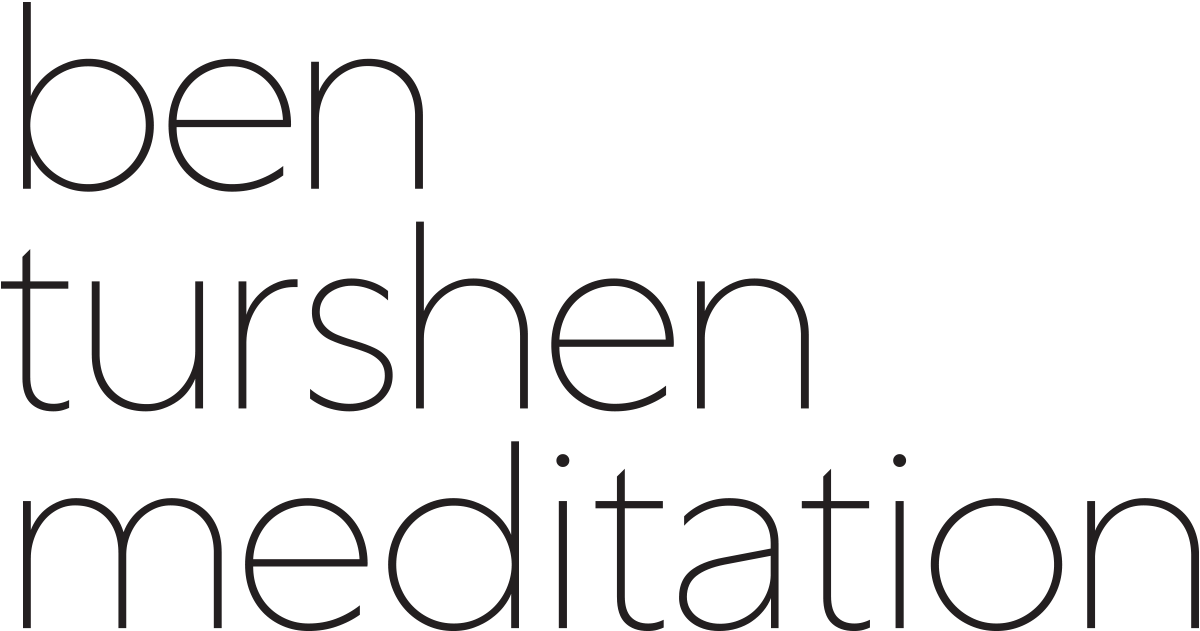By Ben Turshen.
Hi Friends,
If you're feeling particularly unsettled and stressed right now, you're not alone.
Most presidential elections elevate the stress of the collective consciousness. However, this year, the tension in the atmosphere is unprecedented.
A survey conducted by the American Psychological Association indicates that 52% of American adults report that the 2016 election is a significant source of stress regardless of their political affiliation. Click here for the full report.
25 percent of Americans are saying that election stress is getting in the way of them doing their work because of political discussions in the workplace.
7 percent of Americans say they've lost friends because of the 2016 election.
The good news is the election is 9 days away. The bad news is that once the election is over the stress may not go away. The impact of a single presidency may last for generations.
Media, social and otherwise, doesn't help, but meditation does.
Vedic Meditation is tool that effectively decreases stress. It is effortless and enjoyable. And once learned, you can practice it successfully on your own every day.
This November, make sure you vote and come along and learn Vedic Meditation with me in New York City.
Have a safe and fun Halloween and wonderful Thanksgiving.
With Love + Gratitude,
Ben
